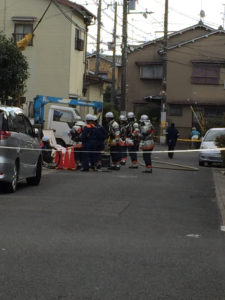
There are risks associated with any investment – loss of capital, finance, leverage and liquidity risks and so on.
Not like buying the paper assets such as REITS, many of these are only relevant to the direct investment (where the investor invests, owns and has control over the real estate asset).
This article will highlight the main risks associated with investing in real estate in Japan and provides commentary on how to analyse and mitigate these risks.
Today I am going to discuss the risks at time of acquisition.
Unlike regulated industries such as accounting and financial planning, working for a property company (as distinct from working as a traditional real estate agent),
does not require a great deal of education, experience, or study prowess. Marketing investment property requires nothing really but the ability to sell.
That is one of the reasons why there are unlicensed (often rogue )
‘property consultants’ in Japan.
Engaging in the marketing activity to lure the investors without holding a license is against the
Building Lots and Buildings Transaction Business Law. If your consultant or agent do not hold
the license, your contract is not protected by the said law.
For more information, please see my post on February 11, 2018.
Are there any rogue real estate agents in Japan ?
At the end of the day, even the good agents cannot guarantee the success of the investment and thus investors must learn the risks and returns
before they make a investment.
